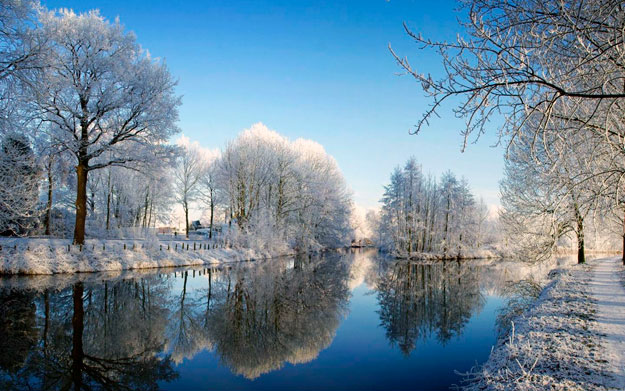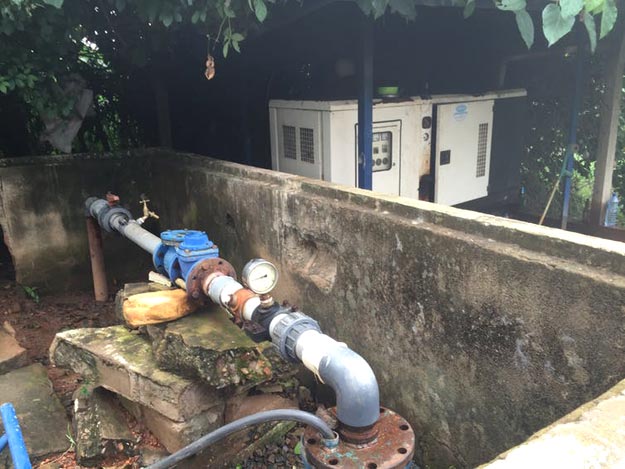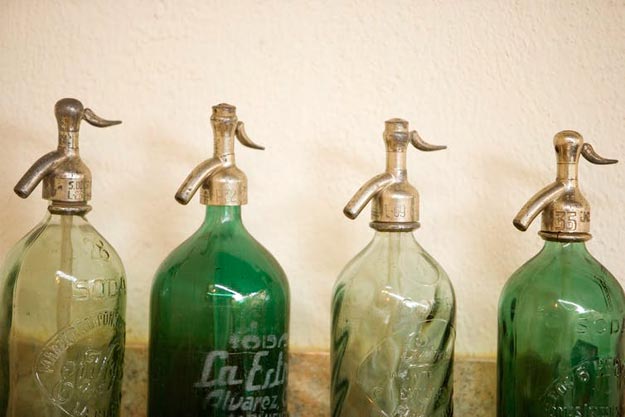Our conventional water supply system that continually captures and delivers water is under great strain because of an increase in population, rapid urbanisation, and drastic changes in climate and rainfall. When the reliance on a continuous supply of water directly to our taps is in jeopardy, we then start to realise that we cannot take the supply of water for granted.

Recycled water is unlikely to have public support until the public fully trusts that it will be clean.
The question that has risen recently is whether Australians are ready to accept drinking recycled water. Before we answer the question, let us look at what is it we are drinking currently. Read more











